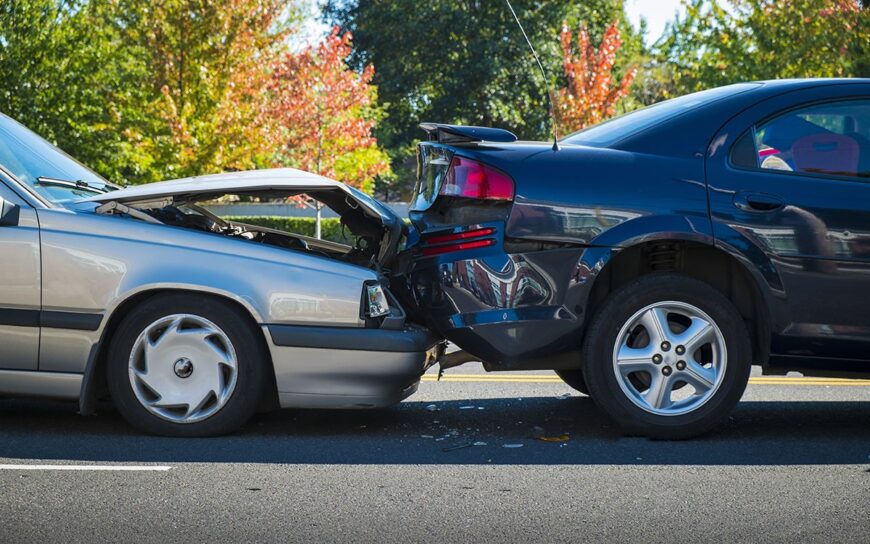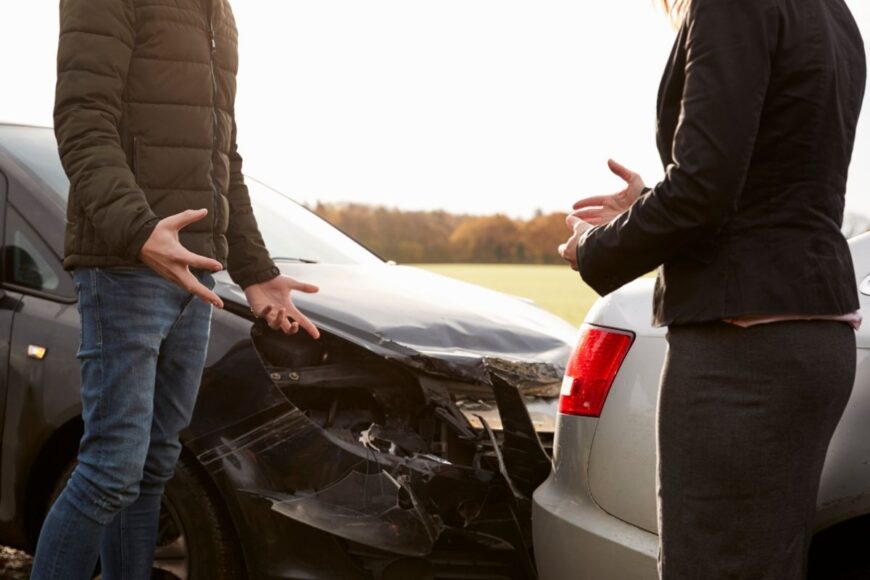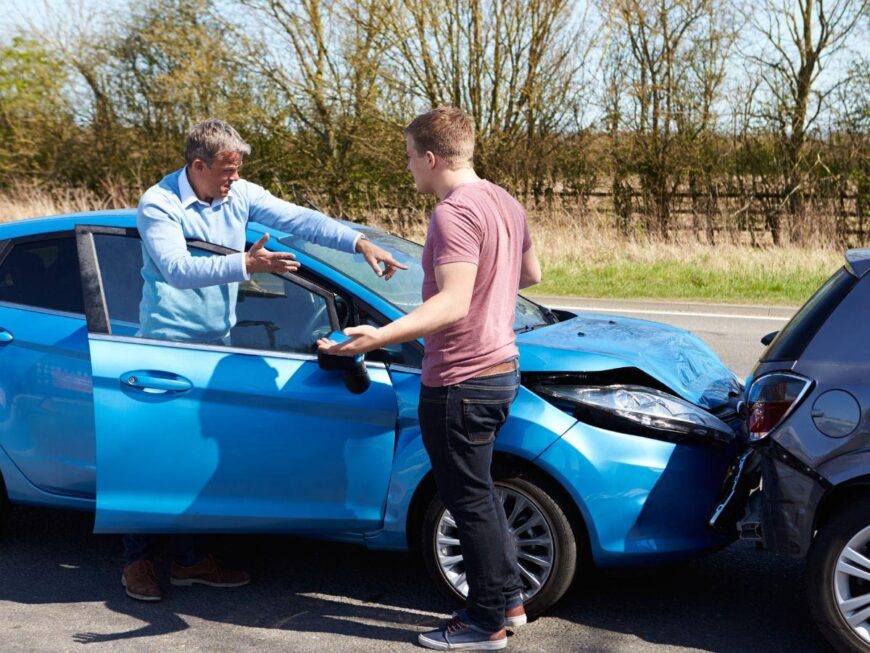In the moments after a car accident, emotions run high. You may be frightened, shaken, and worried about the other driver or passengers. It’s natural to want to say something reassuring, and many people instinctively apologize, even when the crash wasn’t their fault.
However, admitting fault at the scene of a car accident can have serious consequences for your legal rights and financial recovery. This article explains why it’s critical to avoid admitting fault, how fault is determined, and what to say instead. TSR Injury Law helps crash victims secure full compensation for their damages.
Fault Is a Legal Determination and Not an On-the-Spot Opinion

One of the most important things to understand is that fault is not decided at the scene. Determining who caused a crash involves:
- Reviewing the police report
- Gathering witness statements
- Examining physical evidence, like skid marks or vehicle damage
- Looking at traffic laws and how they apply
Insurance companies and sometimes the courts decide fault after a thorough investigation. What you say at the scene can become part of that investigation and may be used against you, even if later evidence shows you weren’t actually at fault.
Even a Simple Apology Can Be Taken as an Admission

Saying “I’m sorry” might feel polite or compassionate in the moment, but insurance companies can interpret it as an admission of guilt. They may argue that you accepted blame, even if you only meant to express concern for others’ well-being.
Instead, focus on safety and gathering information without commenting on who caused the accident. It’s possible that you don’t yet know the full picture, and admitting fault prematurely could hurt your ability to recover compensation.
Admitting Fault Could Reduce or Eliminate Your Compensation
In most states, car accident claims are governed by either comparative negligence or contributory negligence laws:
- Under comparative negligence, your compensation can be reduced based on your percentage of fault.
- Under contributory negligence, being even partially at fault could prevent you from recovering anything.
By admitting fault before the investigation is complete, you risk giving the insurance company ammunition to deny your claim or reduce your settlement.
You Might Not Have the Whole Story

Accidents happen quickly, and what seems obvious at first can be misleading. For example:
- The other driver may have been speeding or distracted
- A mechanical failure could have contributed to the crash
- A third vehicle might have caused a chain reaction
If you admit fault right away, you might overlook evidence that could show the other driver was fully or partially responsible. Let investigators and insurance adjusters review all the facts before any blame is assigned.
What You Should Do at the Scene Instead

While avoiding fault statements is important, you still need to handle the aftermath responsibly. Here’s what to focus on:
- Check for injuries and call 911 if anyone is hurt
- Move to safety if vehicles are blocking traffic and it’s safe to do so
- Exchange information with the other driver (names, phone numbers, insurance details, license plate numbers)
- Take photos of the vehicles, the accident scene, and any visible injuries
- Cooperate with police, but stick to the facts (“I was driving east at 35 mph when the collision occurred.”)
Avoid saying anything that could be interpreted as accepting blame. If you’re unsure about a question, it’s okay to say, “I’m not sure” or “I’d like to wait until I can speak to my insurance company.”
How Police Reports Handle Fault
The responding officer will complete a police report documenting the details of the crash. They may note traffic violations or contributing factors, but they typically do not assign legal liability.
If you admit fault to the officer, they can include that statement in their report, which insurance companies will later review. Staying factual and avoiding speculation helps protect you during the claims process.
What to Say When Speaking to Insurance Companies

After you’ve reported the crash to your insurance company, be careful not to accept blame in your statement. Keep it simple:
- Provide the date, time, and location of the crash
- Identify the other drivers involved
- Describe only what you personally saw or experienced
- Do not speculate about why it happened or who is responsible
Let the adjusters investigate and reach their own conclusions based on evidence.
Consider Legal Representation if Fault Is Disputed
If there are disagreements about who caused the accident or if the other driver’s insurance company is trying to blame you, consider contacting a personal injury attorney.
An attorney can:
- Conduct an independent investigation
- Gather witness statements and accident reconstruction reports
- Negotiate with insurance companies to protect your rights
They can also speak on your behalf so you don’t risk making statements that could be misinterpreted.
After a car accident, it’s normal to want to explain what happened or express concern. But even a simple apology can be twisted into an admission of fault, and that can cost you compensation.
Stay calm, stick to the facts, and focus on safety and evidence gathering. Let the professionals determine who is responsible. By avoiding fault statements, you preserve your right to seek fair compensation for your injuries, medical bills, and other losses.








